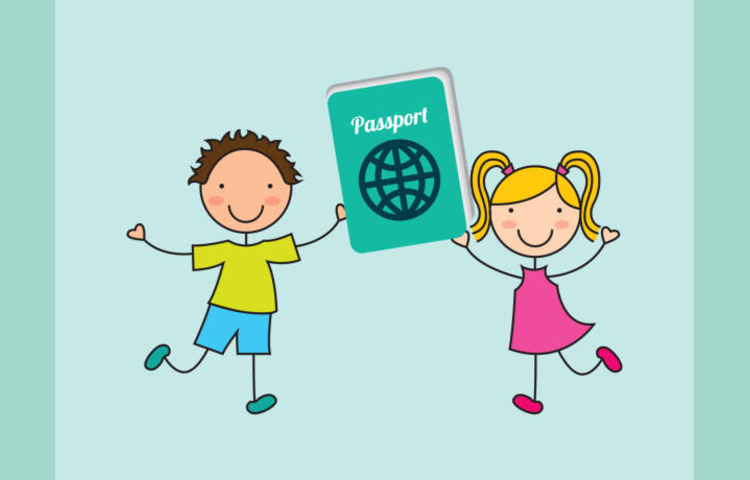“Telangana High Court Orders Issuance of Passport to Infant Without Father’s Consent for Urgent Medical Travel”
May 28, 2024 2024-07-05 15:06“Telangana High Court Orders Issuance of Passport to Infant Without Father’s Consent for Urgent Medical Travel”

“Telangana High Court Orders Issuance of Passport to Infant Without Father’s Consent for Urgent Medical Travel”
By Shazia Siddiqui
In a recent ruling, the Telangana High Court addressed a crucial issue involving the issuance of a passport for a minor child. The case arose when a mother filed a writ petition challenging the passport office’s refusal to grant a passport to her four-month-old infant without the consent of the father. The denial impeded her ability to seek necessary neurosurgery consultation abroad for her child. The mother’s plea highlighted the arbitrary nature of the passport office’s decision, arguing that it violated fundamental rights guaranteed under Articles 14 and 21 of the Constitution, which ensure equality before the law and the right to life and personal liberty, respectively.
The background of the case involves the passport office’s stance that required either the father’s consent and his presence or a court order permitting the issuance of the passport without such consent. The mother found herself in a challenging situation as she needed to travel urgently for her child’s medical consultation, but the procedural requirement stood in her way. This led her to seek judicial intervention, hoping for a resolution that would allow her to obtain the passport swiftly.
The pivotal argument presented by the mother was that the passport office’s demand for the father’s consent was unreasonable and discriminatory, particularly in light of the pressing medical needs of her infant. She underscored that such a requirement not only delayed crucial medical attention but also imposed an undue burden on her rights and the welfare of her child. The mother’s legal team emphasized that the refusal to issue the passport was a direct infringement on her child’s right to health and her right to care for her child without unnecessary bureaucratic hurdles.
During the proceedings, the Court examined a precedent set in a similar case, W.P.No.9481 of 2024, where a passport was issued to a minor without the father’s consent. This precedent played a significant role in shaping the Court’s decision. The Single Bench of Justice Anil Kumar Jukanti noted that the circumstances of the current case were closely aligned with the previous one, where the Court had ruled in favor of the petitioner and directed the passport office to issue the passport without insisting on the father’s consent.
In its ruling, the High Court directed the passport authorities to issue a passport to the petitioner’s infant child immediately, regardless of the lack of consent from the father. The Bench’s decision rested on the need to prioritize the child’s health and the mother’s right to care for her child, recognizing that the procedural requirement for the father’s consent was not only arbitrary but also impeded urgent medical needs.
Significantly, the Court’s observation underscored the importance of ensuring that bureaucratic processes do not hinder the fundamental rights of individuals, especially in cases involving health and welfare. The Court’s decision emphasized that the welfare of the child and the urgency of medical needs should take precedence over rigid procedural requirements.
By directing the issuance of the passport without the father’s consent, the High Court reaffirmed its commitment to protecting the rights and welfare of minors and their caregivers, ensuring that procedural formalities do not obstruct access to essential services and medical care. The judgment serves as a critical precedent in similar cases, balancing legal formalities with the urgent needs of vulnerable individuals.
Case Title: Ayesha Adeeba v. Union of India & Ors.
Citation: WP No. 13426 OF 2024
Click here to read/Download the judgement









